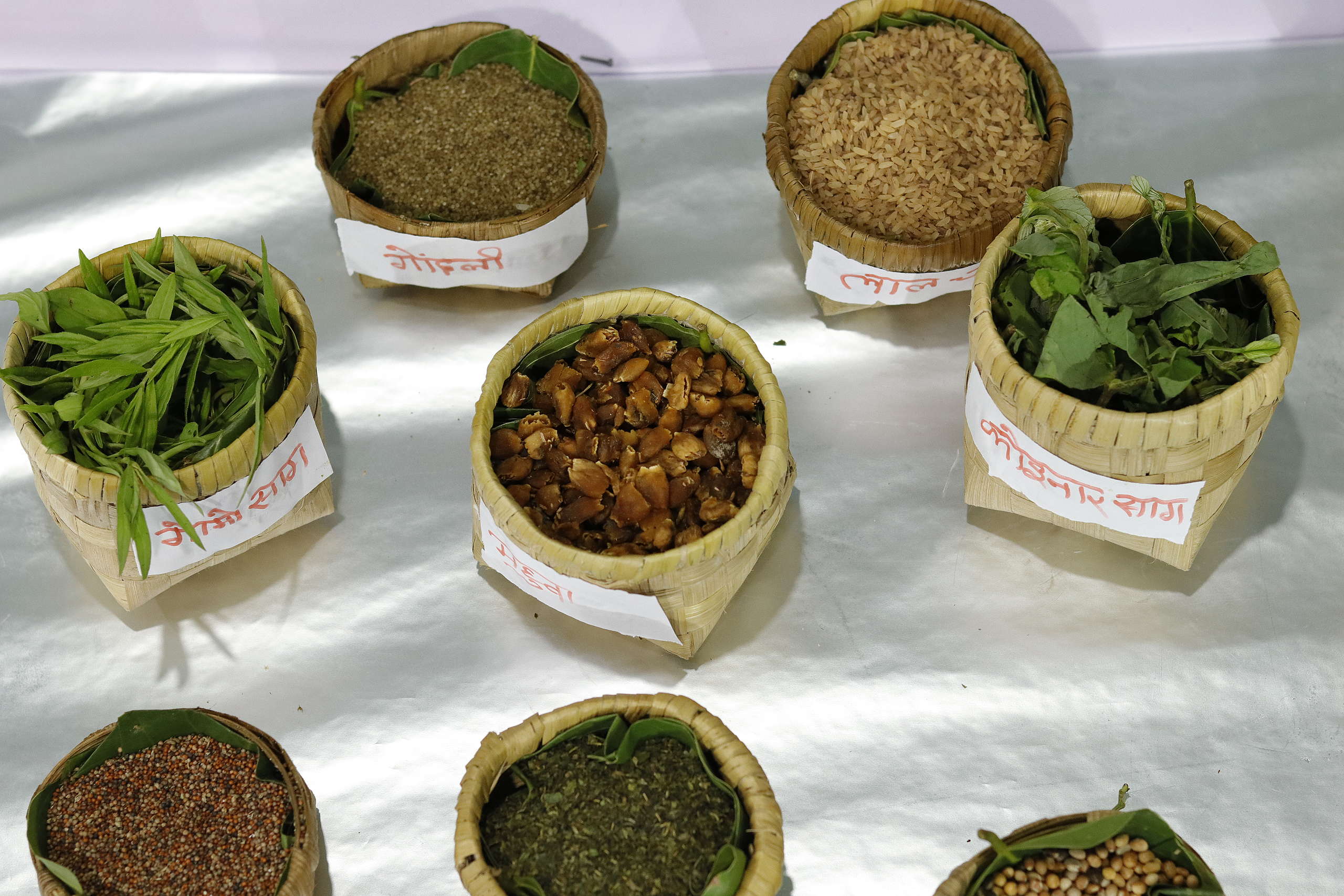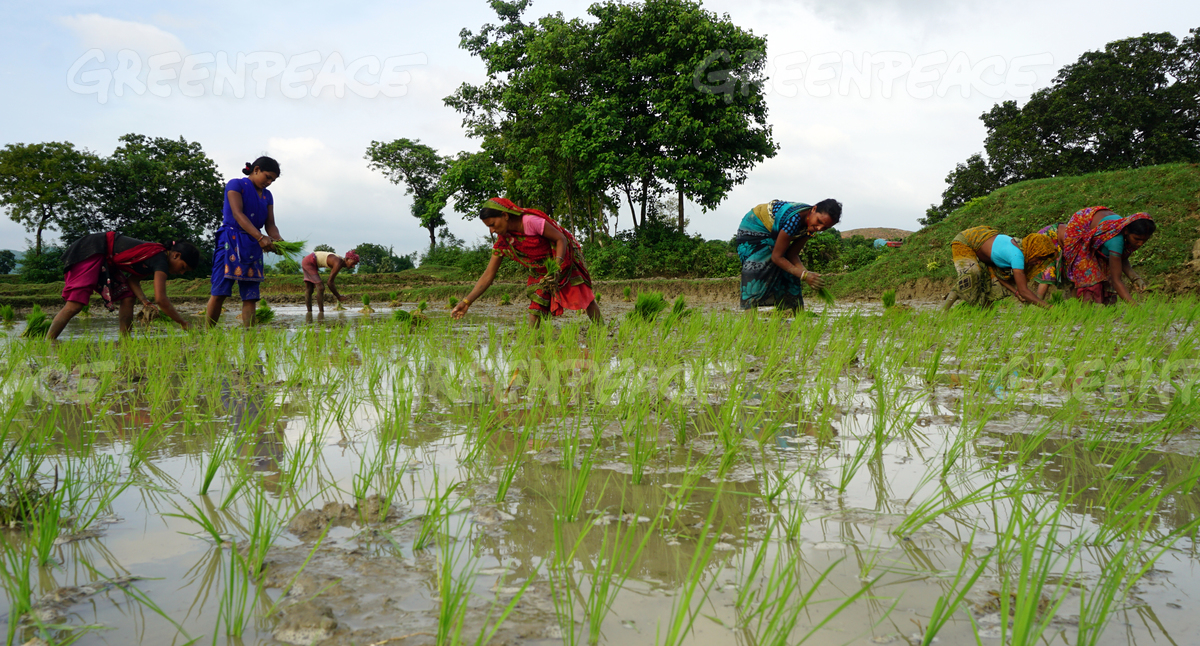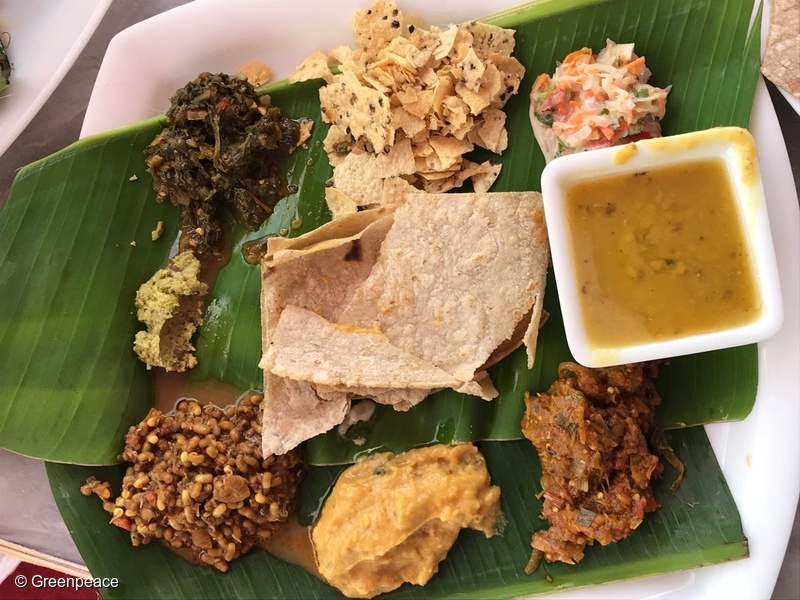1. India signed the Cartagena Protocol* aiming to protect biodiversity and provide biosafety in 2003, but now, is keen to give the go ahead to GM Mustard (straight road to monoculture)

Image: commentphotos
2. Right from the beginning GM Mustard has been shrouded in secrecy. All the pages of the GM report have not been available to the public despite the fact that the authority is bound to. The only thing made available was a summary report, for which you had to seek permission, visit the ministry mentally analyse all the pages, that too only for a short period of time in October 2016.
P.S: photography and photocopying was not allowed.

Teen.com
3. The GEAC’s response to 700 comments from the public on GM mustard is not to be seen anywhere, and the basis of its green signal is still not clear.

GIF: glee.wikia
GEAC (Genetic Engineering Appraisal Committee)
4. Whoever says GM Mustard is safe, says it because there has been no safety studies done for GM Mustard or the herbicide it will be tolerant to. Not for human beings or any other living organisms.

Media.giphy
5. Sufficient trials and testing have not been conducted for GM Mustard. Should the government then just let farmers test this unscientific claim on their fields?

image:imgflip.com
6. There are already many varieties of non-GM hybrids that have shown better productivity than GM Mustard and the Ministry of Environment Forests and Climate Change (MoEFCC) knows that well. But has the GEAC considered them before GM Mustard?

GIF: i.imgur
MoeFCC- Ministry of Environment Forests and Climate Change
7. One argument that you are bound to hear is – GM Mustard should be introduced to cut down on import prices. But GM Mustard does not improve productivity, so it is unlikely that it will cut down on import prices. What is necessary, however, is raising the current import prices. We need to ensure there are import tariffs to prevent cheap imported oil from flooding the Indian market and encouraging farmers to grow oil instead!

8. Should India become a dustbin for this potentially dangerous GM technology when Europe and Russia and other countries have strongly opposed it?.

GIF: tumblr
Approving GM even after knowing the facts is like making Indians lab rats in an irresponsible and irreversible experiment. So Greenpeace India says that GE technology in agriculture is poor science with money-grabbing motives. Too little is known, public authorities are in too much of a hurry and too little information is given to the public for assessment. Government regulations on GE technology are too weak and so we must be alert and cautious to this potentially dangerous situation. Better safe than sorry.



